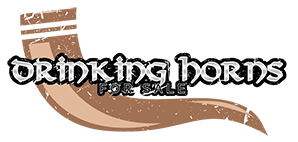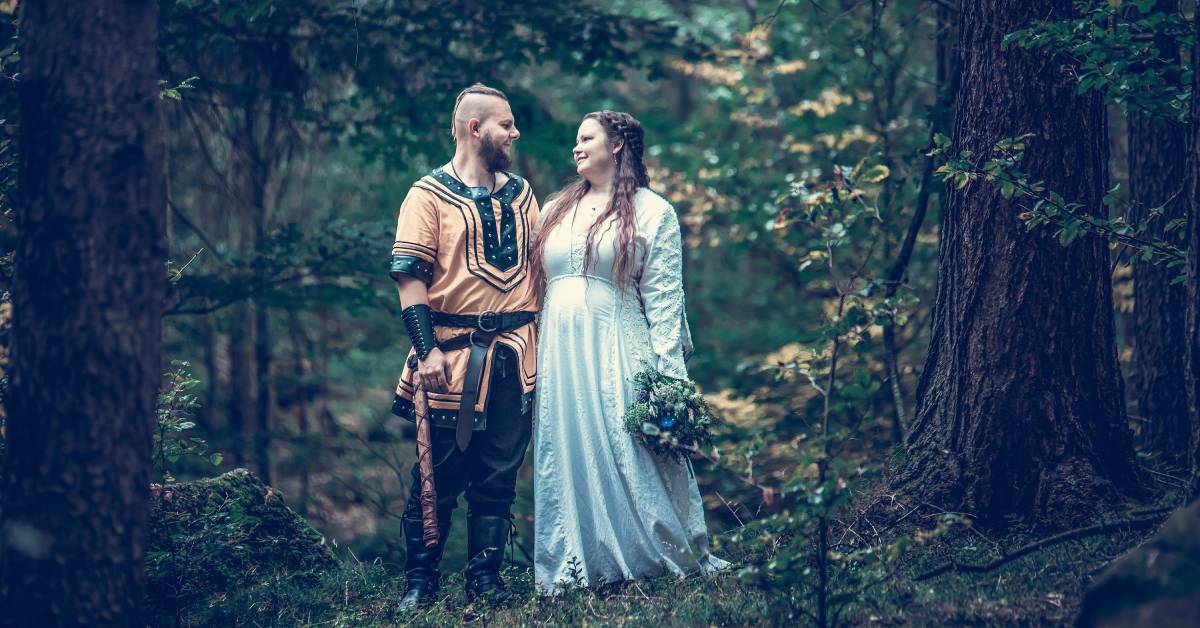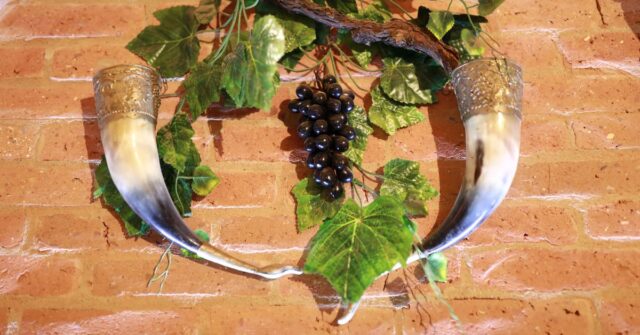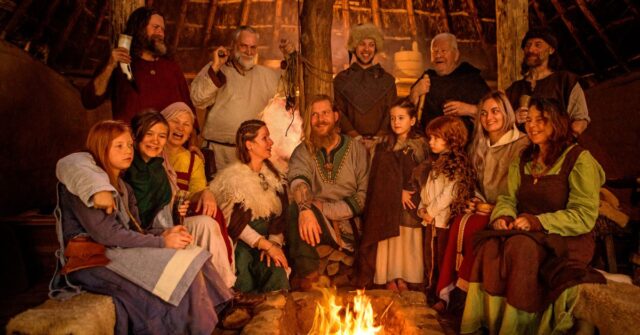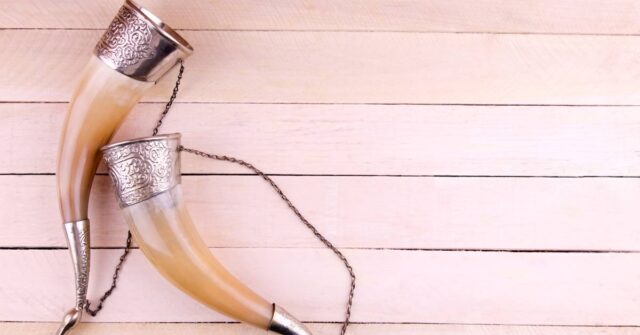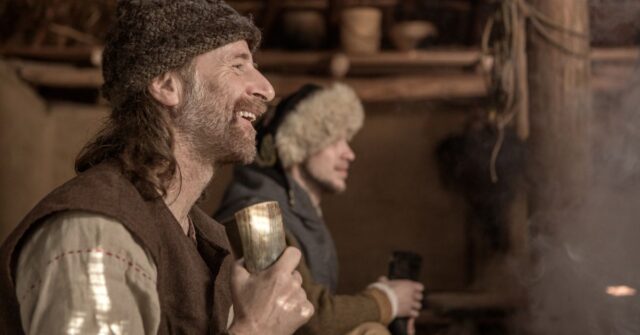The drinking horn, a traditional vessel steeped in history and culture, has long played a key role in Nordic wedding traditions.
Rooted in the customs and beliefs of the Norse people, the drinking horn has evolved to become a symbol of love, unity, and celebration in contemporary Nordic weddings.
Introduction to Nordic Wedding Traditions
Nordic weddings are a blend of age-old customs and contemporary adaptations that mark the start of a couple’s life journey together. Among these traditions, the drinking horn holds a significant place.

A Brief History of Nordic Weddings
Historically, Nordic weddings were complex events that often lasted a week, involving various rituals to ensure prosperity and happiness for the couple.
Over time, while many customs have evolved or disappeared, others like the usage of the drinking horn have continued, adapting to the modern context.
The Significance of Drinking Horns in Nordic Culture
In Nordic culture, drinking horns were more than just drinking vessels. They were symbols of power, prosperity, and fellowship.
They were integral to significant life events, especially weddings, symbolizing a bond not only between the couple but also between families.
Symbolism and Importance of Drinking Horns in Nordic Wedding Traditions
Drinking horns have deep symbolic significance in Nordic wedding ceremonies, embodying unity, prosperity, and the couple’s commitment to each other.
The Symbolic Meaning of the Drinking Horn
The drinking horn, typically crafted from the horn of a bovid, symbolizes strength, vitality, and abundance in Nordic cultures. In the context of a wedding, it takes on the additional meaning of unity and shared prosperity.
The Role of Drinking Horns in Wedding Ceremonies
The drinking horn often plays a central role in the wedding ceremony. It is used for the bridal toast and the ceremonial exchange of vows, symbolizing the couple’s commitment to shared happiness and prosperity.
Materials and Craftsmanship of Nordic Drinking Horns
The construction and decoration of a drinking horn are steeped in craftsmanship, highlighting the significance of this traditional item.
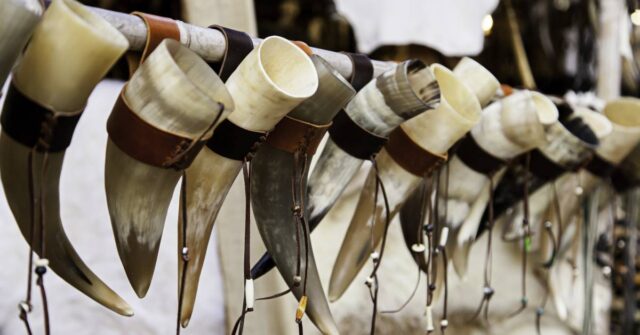
The Construction of a Drinking Horn
The drinking horn, as the name suggests, is usually made from a bovid horn. The interior is carefully cleaned and sealed, often with beeswax, to hold liquids.
The exterior is polished and occasionally adorned with symbols or scenes significant to the couple.
Traditional vs Modern Methods of Drinking Horn Production
While the traditional methods of constructing a drinking horn continue to be held in high regard, modern techniques have also emerged.
These include the use of synthetic materials and modern sealants, allowing for a broader range of decoration techniques and styles.
The Ritual of Drinking from the Horn
The act of drinking from the horn is not just about consumption; it’s a ritual that reinforces the bond between the couple and their commitment to each other.
The Bridal Toast: A Tradition of Unity
The bridal toast typically involves the bride and groom sharing a drink from the same horn, symbolizing their unity and shared journey. This tradition is often accompanied by traditional songs or blessings.
Blessings and Oaths: The Symbolic Exchange
Drinking from the horn also accompanies the exchange of vows and blessings, reinforcing the solemnity of the promises made. Each sip taken signifies an oath made, and a commitment to uphold it.
Contemporary Use of Drinking Horns in Nordic Weddings
Today, drinking horns continue to be used in Nordic weddings, often as a fusion of traditional symbolism with contemporary aesthetics.
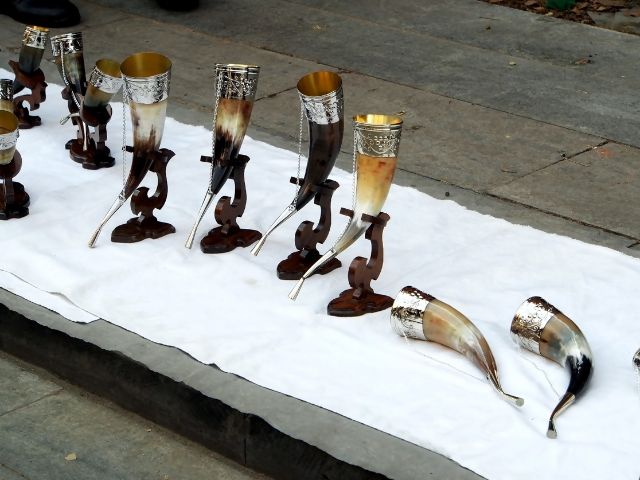
Modern Adaptations of the Tradition
Contemporary use of drinking horns often involves adaptations to suit modern aesthetics and practicalities. This may include stylized designs on the horn, usage of modern materials, or even changes in ceremonial rituals.
The Drinking Horn as a Nordic Wedding Keepsake
More than just a ceremonial item, the drinking horn is often kept as a wedding keepsake, a reminder of the special day and the vows exchanged. It symbolizes the enduring nature of the couple’s commitment to each other.
Drinking Horn Etiquette and Protocol
Drinking from the horn is not only steeped in symbolism but also follows a certain protocol, reflecting the respect for the traditions it embodies.
Rules and Customs of Drinking from the Horn
The etiquette surrounding the use of the drinking horn includes holding it in a certain way, often with both hands, as well as specific rituals associated with the act of drinking, such as the order of drinking and the accompanying blessings or songs.
How to Handle and Care for the Drinking Horn
Caring for a drinking horn involves cleaning it properly after use and storing it safely. As a valued keepsake, it often requires regular maintenance to preserve its condition and symbolic value.
Case Studies of Drinking Horn Ceremonies
To further understand the depth and diversity of drinking horn traditions, it’s useful to explore specific examples of how these rituals are carried out.
Traditional Drinking Horn Ceremonies
Traditional ceremonies often involve a strict protocol, with each step holding significant meaning. The sharing of the horn, the order of drinking, and the associated chants or songs, all contribute to the solemnity of the occasion.
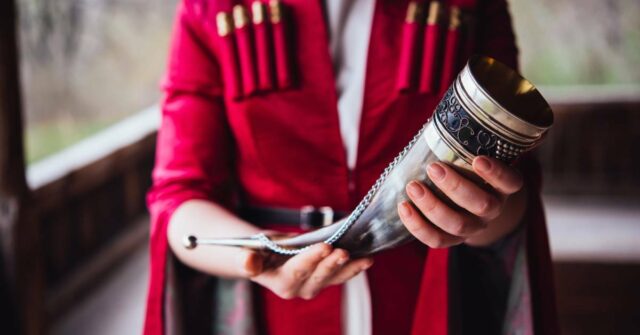
Contemporary Interpretations of the Drinking Horn Ceremony
In contrast, contemporary ceremonies may be more flexible, adapting the traditional steps to suit the couple’s preferences or to reflect modern sensibilities.
However, the core symbolism of unity and commitment remains unchanged.
Conclusion
The drinking horn is a powerful symbol of unity, commitment, and shared prosperity in Nordic wedding traditions.
Its enduring appeal lies in its rich symbolism and the sense of continuity it brings, connecting the couple to their cultural roots.
The Enduring Appeal of Drinking Horns in Nordic Weddings
From the material it’s crafted from, to the rituals involving its use, the drinking horn embodies the essence of Nordic wedding traditions.
As such, it continues to hold a place of honor in these ceremonies, symbolizing the timeless values of unity, commitment, and shared prosperity.
With each passing year, the drinking horn remains a cherished link to the past and a symbol of hope for the future.
